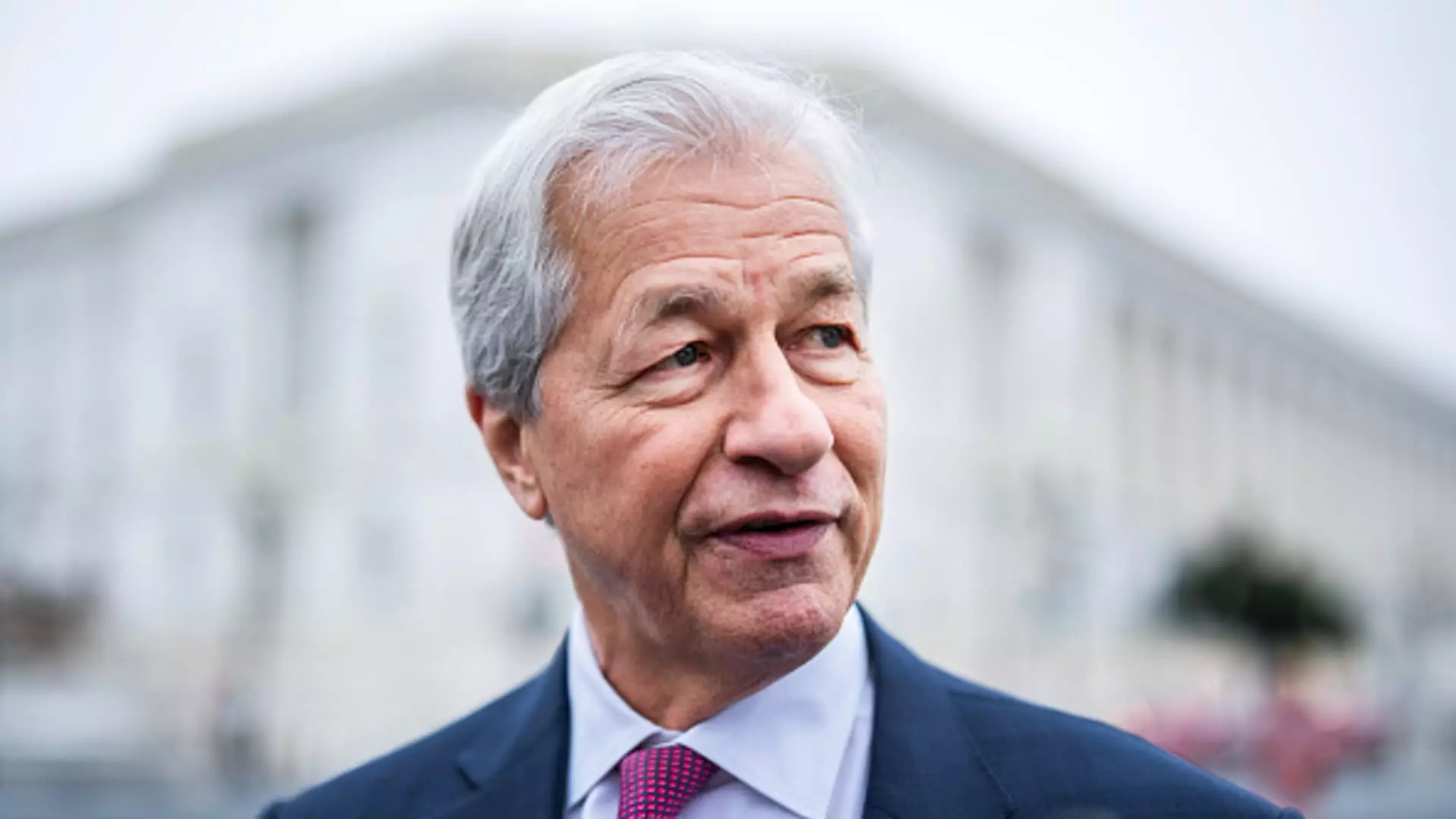In a landscape where corporate leaders often avoid critiquing public institutions, Jamie Dimon, CEO of JPMorgan Chase, has carved a notable path by openly addressing governmental inefficiencies. During a recent interview with CNBC, Dimon articulated his concerns regarding the effectiveness of U.S. governmental operations amidst significant staff reductions orchestrated by the Trump administration. He underscored the imperative for reform, highlighting the belief that inefficiencies not only squander taxpayer resources but also lead to suboptimal outcomes for citizens.
While speaking with Leslie Picker, Dimon was probed about his stance on the newly formed Department of Government Efficiency (DOGE), established under Elon Musk’s guidance. Although he refrained from providing a straightforward endorsement, he expressed alignment with the underlying goals of the initiative. “The government isn’t just plagued with waste,” Dimon asserted, “it’s about the broader effectiveness of outcomes.” His nuanced position reflects a deeper understanding that governmental reform should encompass more than budget cuts; it requires a holistic reevaluation of practices that directly affect the public.
Rethinking Spending and Accountability
Dimon’s remarks resonate with a growing sentiment that federal spending must be scrutinized rigorously. Reflecting on this notion, he posed critical questions: “Why are we spending the money on these things? Are we receiving adequate returns on our investments?” This mindset reflects a call not merely for austerity but for thoughtful engagement with governmental functions. As the argument progresses, it becomes evident that a systemic examination of policy and procedure must accompany efforts to reduce federal expenditures.
As can be expected in discussions of federal reform, potential overreach remains a risk. Dimon cautioned that should DOGE venture beyond legal boundaries in its efforts, judicial oversight would intervene. This statement underscores an essential balance: while cost-cutting measures are necessary, they mustn’t come at the expense of lawful and ethical standards. His belief in the judicial system as a check against potential excesses conveys a significant reassurance amidst the push for reform.
Broader Economic Views Amidst Change
In addition to his thoughts on governmental reform, Dimon shared insights on various economic matters affecting the landscape today. His advocacy for a structured return to office environments highlights a significant shift back towards traditional work settings, while his analyses on geopolitical issues, including the conflict in Ukraine and tariffs, reflect a comprehensive understanding of the interconnectedness of global economies. These perspectives reveal how corporate leadership can contribute to broader societal discourse, ultimately fostering a balanced dialogue on both fiscal responsibility and public service efficacy.
Jamie Dimon’s critical view of U.S. governmental inefficiencies serves as a call to action for leaders in both the public and private sectors. As he navigates complex economic landscapes and corporate strategy, his emphasis on accountability, effective governance, and thoughtful policy reform sets an important precedent. In bridging the gap between business and governance, Dimon advocates for a future where efficiency and competence redefine not only federal operations but the public’s trust in them.

